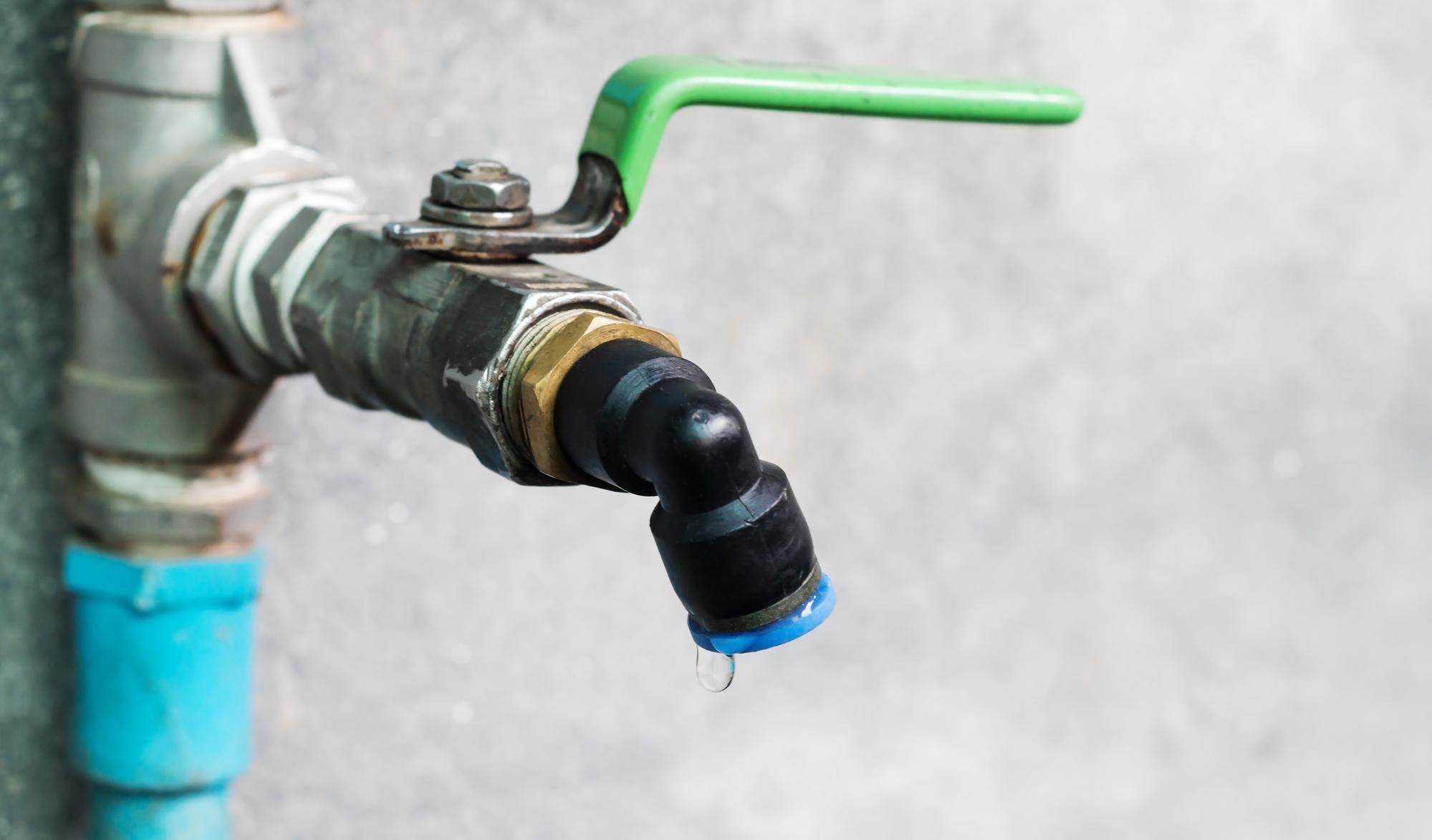As homes become more energy-efficient, they also become more enclosed. People spend most of their time indoors, where pollutants and allergens can cause health problems. Poor indoor air quality can cause respiratory problems, allergies, headaches, eye irritation, and fatigue. Fortunately, there are ways to improve indoor air quality without using harmful chemicals. In this article, we’ll explore some effective ways to achieve clean indoor air, naturally.
1. Open the windows
One of the easiest ways to improve indoor air quality is to open the windows. Fresh air can help remove stale indoor air and bring in oxygen. You should open the windows for at least 10 minutes every day, even in winter. This can help reduce the levels of indoor air pollutants and improve air quality.
2. Install an air purifier
An air purifier is an effective way to remove air pollutants, such as dust, pollen, smoke, and pet dander. The device works by drawing in air and trapping the pollutants before releasing clean air back into the room. There are different types of air purifiers, such as HEPA filters, activated carbon filters, and ionizers. You should choose a device that suits your needs and budget.

3. Use natural cleaning products
Many cleaning products contain harmful chemicals that can pollute indoor air. You can avoid these chemicals by using natural cleaning products, such as vinegar, baking soda, and lemon juice. These products are not only safer for your health, but they are also effective in cleaning and disinfecting your home.
4. Plant indoor air-purifying plants
Plants not only enhance the beauty of your home, but they can also help remove indoor air pollutants. NASA has identified several indoor air-purifying plants that can improve indoor air quality. These plants include snake plant, peace lily, spider plant, bamboo palm, and English ivy. You should choose plants that suit your home’s lighting and space.
5. Control humidity
High humidity can cause mold and mildew growth, which can release spores into the air that can cause respiratory problems. You can control humidity by using a dehumidifier or an air conditioner. The ideal indoor humidity level is between 30% and 50%.

6. Ventilate regularly
Cooking, showering, and using cleaning products can release pollutants into the air. To reduce indoor air pollution, you should ventilate regularly by turning on the exhaust fans in your kitchen and bathroom. You should also use the stove hood when cooking to remove cooking fumes.
7. Keep pets groomed
Pets can shed hair and dander, which can pollute indoor air. You can reduce pet dander by keeping your pets groomed and vacuuming regularly. You should also wash your pet’s bedding regularly and keep them off the furniture.
Conclusion
Indoor air quality is an important aspect of your home’s health. Poor indoor air quality can cause respiratory problems, allergies, headaches, eye irritation, and fatigue. Fortunately, there are ways to improve indoor air quality without using harmful chemicals. You can achieve clean indoor air naturally by opening the windows, installing an air purifier, using natural cleaning products, planting air-purifying plants, controlling humidity, ventilating regularly, and keeping pets groomed. By following these tips, you can enjoy clean indoor air that is safe for your health. You can also contact Ace Plumbing Repair at (844) 711-1590 for expert plumbing services and advice on indoor air quality.






